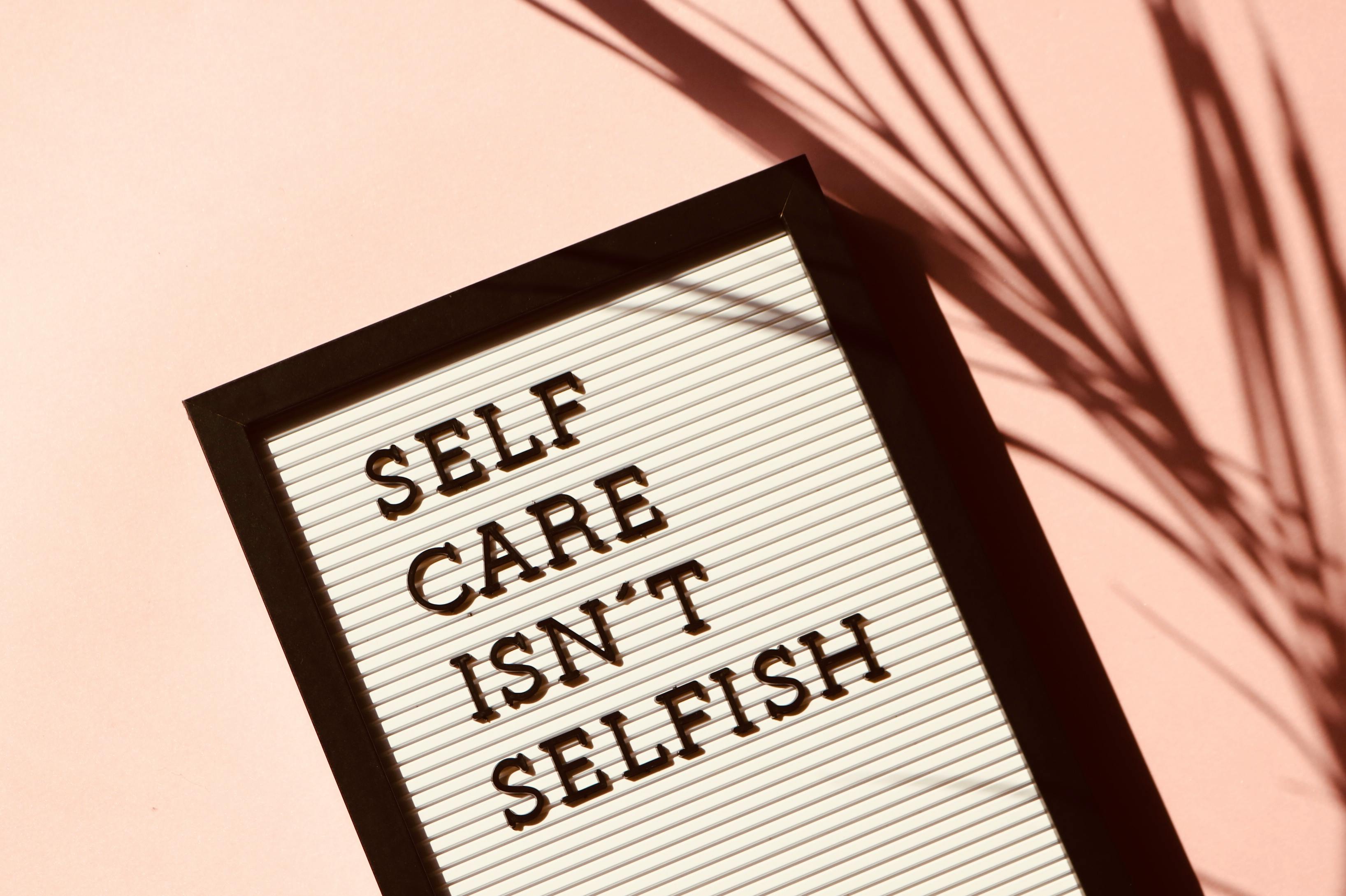Mental Wellness Matters
Mental health is just as important as physical fitness when it comes to living a balanced, healthy life. Practices like mindfulness, sleep hygiene, and stress management can boost emotional well-being and resilience.
Chronic stress increases cortisol, disrupts sleep, and weakens your immune system. Managing stress through simple practices like journaling, deep breathing, or spending time in nature improves clarity and emotional balance.
Daily mindfulness practices like meditation or breathwork don’t require much time but can significantly reduce anxiety, depression, and irritability.
Taking breaks, disconnecting from digital devices, and practicing gratitude are powerful tools to reset your mental state and restore inner calm.


Activities to Improve Mental Health
- Mindful Breathing: Deep, controlled breathing helps calm your nervous system.
- Yoga: Supports emotional regulation and reduces anxiety symptoms.
- Meditation: Daily 5–10 minutes can improve focus, sleep, and patience.
- Journaling: Helps release negative thoughts and gain self-awareness.
- Nature Walks: Being outdoors can naturally lift your mood and reduce stress.
Signs of Burnout
It’s important to recognize signs of mental exhaustion before it escalates. Here’s a quick breakdown:
| Physical | Emotional | Behavioral |
|---|---|---|
| Fatigue, headaches, insomnia | Feeling hopeless, irritability | Procrastination, withdrawing socially |
| Muscle tension | Loss of motivation | Skipping meals, overworking |
Daily Mental Wellness Tips
- Start your day with a calm ritual: stretch, breathe, or sit quietly.
- Limit screen time, especially before bed.
- Practice gratitude journaling—write 3 things you’re thankful for daily.
- Get sunlight exposure for at least 15 minutes a day.
- Make time for hobbies, connection, and joy.